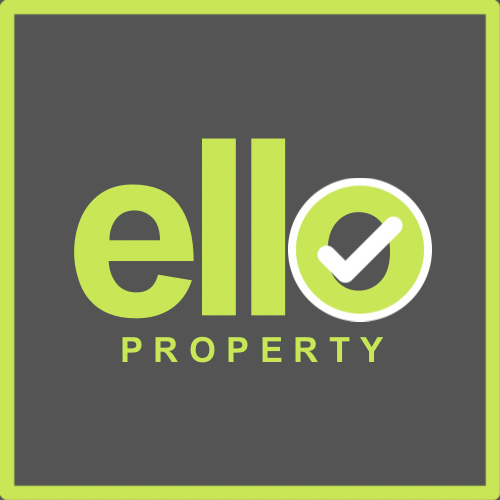Understanding your obligations to HMRC (Her Majesty’s Revenue and Customs) is crucial for a smooth and compliant property management experience. Whether you’re running a fully-fledged property management business or simply renting out a single property, here’s a guide to help you navigate the HMRC requirements.
Buy-to-Let as a Business
If managing properties is your main job, and you’re handling multiple buy-to-lets as a business, you’re required to pay Self-Employed National Insurance rates if your profits exceed £12,570 annually.
Running Buy-to-Let in Your Own Name
For individual property owners, here’s what you need to know:
- Tax-Free Allowance: The first £1,000 of income from your property rental is tax-free if the property is in your name.
- Income Reporting:
- If your income is between £1,000 and £2,500 you need to contact HMRC Self-Assessment for guidance.
- If your income is between £2,500 and £9,999 after allowable expenses, or £10,000 or more before allowable expenses you will need to complete a Self-Assessment tax return.
- National Insurance: If your property management duties don’t constitute a business, you’re not required to pay National Insurance, even if you handle the management tasks yourself.
Allowable Expenses for Property Management
You may incur various costs in the day to day management of your property, these are called ‘Allowable Expenses’ and can include things like:
- Letting agents’ fees
- Legal fees (for leases lasting a year or less, or renewing a lease under 50 years)
- Accountants’ fees
- Buildings and contents insurance
- Maintenance and repairs (excluding improvements)
- Utility bills (gas, water, electricity)
- Rent, ground rent, and service charges
- Council Tax
- Services like cleaning or gardening
- Other direct costs related to property management (phone calls, stationery, advertising)
Tax Relief on Domestic Items
Certain items within the property may qualify for tax relief when replaced. These include things like:
- Beds
- Sofas
- Curtains
- Carpets
- Fridges
- Crockery and cutlery
As a landlord, managing your property comes with responsibilities, but understanding HMRC obligations can simplify the process. Whether you’re a property management professional or an individual renting out a property, keeping track of allowable expenses and tax reliefs is essential. For personalised advice, consulting with a tax professional or accountant is always recommended.
In the dynamic world of property management, staying informed and proactive is key to success.
By staying on top of your tax obligations and property management duties, you can enjoy the benefits of rental income while maintaining a compliant and efficient operation.
For more information contact HMRC

